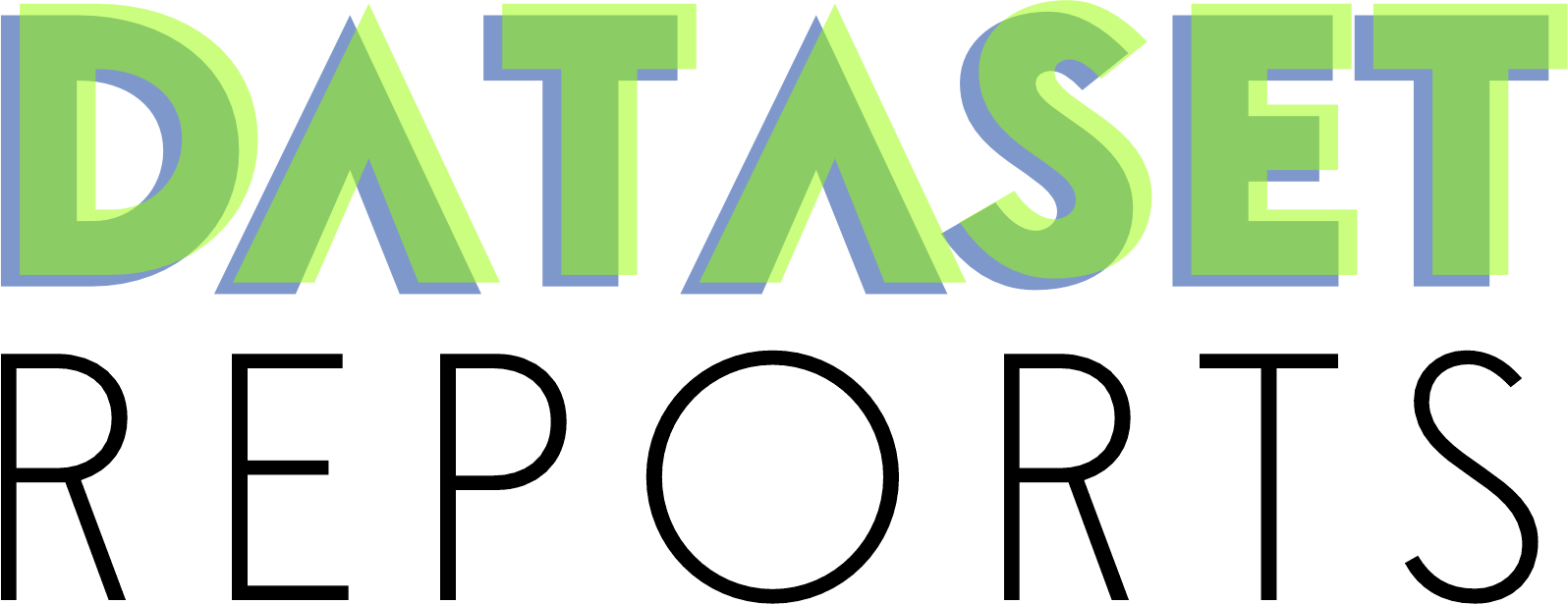-
344
-
223
-
221
-
206
-
172
About the Journal

Dataset Reports (ISSN 2965-1182, DOI: 10.58951/dataset) is an Open Access multidisciplinary scientific publication focused on recent results and data from different areas of knowledge. It is a continuous flow journal, which focuses on manuscripts that deal with basic, theoretical, and applied science, in addition to literature reviews. The preferred language is English, but articles are also published in Portuguese.
Dataset Reports has a DOI (Digital Object Identifier) for all articles. We are indexed with CCrossRef, Directory of Open Access Scholarly Resources (ROAD), Dimensions, SJIFactor, SUDOC, Latindex, OpenAlex, Scilit, and Google Scholar. We are constantly looking for improvements to be indexed in other repositories and metrics such as the JCR impact factor, Qualis CAPES, and CiteScore.
To guarantee the authenticity of authorship, the Editorial Committee of this scientific journal requires the inclusion of the ORCID ID when submitting your work. You can obtain a free ORCID identifier by visiting https://orcid.org/register. When registering, authors are requested to follow the ORCID ID presentation standards by including the complete URL, starting with "https://," immediately after their email address. For instance, the format should be like this: https://orcid.org/0000-0002-3442-3525.
Article Processing Charge (APC): R$ 300.00 (three hundred Brazilian reais).
Aim and Scope - Dataset Reports
1. Introduction:
Dataset Reports is a multidisciplinary, and peer-reviewed journal committed to the publication of original and review articles that encompass the entirety of knowledge across diverse scientific disciplines. The journal serves as a pivotal platform for researchers, practitioners, and scholars to disseminate innovative datasets, methodologies, and critical insights that contribute to the advancement of scientific understanding.
2. Aim:
The principal aim of Dataset Reports is to facilitate the exchange, utilization, and collaboration in the realm of datasets across a broad spectrum of scientific disciplines. The journal aims to provide a space for researchers to showcase their datasets, methodologies, and findings, fostering cross-disciplinary collaboration and knowledge exchange.
3. Scope:
The journal spans a comprehensive array of subareas within the multidisciplinary landscape, encompassing, but not limited to:
a. Natural Sciences:
Original research and reviews pertaining to datasets in physics, chemistry, biology, astronomy, and earth sciences, promote the sharing of knowledge across the natural sciences.
b. Applied Sciences and Engineering:
Articles focusing on datasets in engineering, technology, applied physics, and computer science, showcasing the practical applications of data-driven research.
c. Social Sciences:
Studies on datasets relevant to psychology, sociology, anthropology, economics, political science, and other social sciences, exploring the societal implications and applications of data.
d. Humanities:
Exploration of datasets in history, literature, philosophy, arts, and cultural studies, illuminating the intersection of data and the humanities.
e. Health and Medical Sciences:
Research on datasets in medicine, biology, pharmacology, public health, and related fields, promoting data-driven advancements in healthcare.
f. Environmental Sciences:
Coverage of datasets in environmental studies, climate science, ecology, and sustainability, emphasizing the importance of data in understanding and mitigating environmental challenges.
g. Mathematics and Statistics:
Articles focusing on datasets in mathematics and statistics, showcasing the role of data in modeling, analysis, and decision-making.
h. Interdisciplinary Applications:
Showcasing datasets with applications spanning multiple disciplines, demonstrating the interconnectedness of knowledge and the potential for collaborative research.
i. Emerging Trends in Data Science:
In-depth coverage of emerging trends, tools, and methodologies in the evolving field of data science, providing insights into the future of interdisciplinary research.
4. Submission Guidelines:
Authors are invited to submit original research articles, reviews, and datasets that align with the journal's broad aim and scope. Submissions should significantly contribute to the cross-disciplinary understanding and advancement of scientific knowledge through the effective use of datasets.
Dataset Reports aspires to be an influential source for researchers across diverse scientific disciplines, promoting the cross-pollination of ideas and fostering collaborations that transcend disciplinary boundaries. The journal plays a pivotal role in shaping the landscape of multidisciplinary research through the exploration and utilization of datasets across all areas of scientific knowledge.
